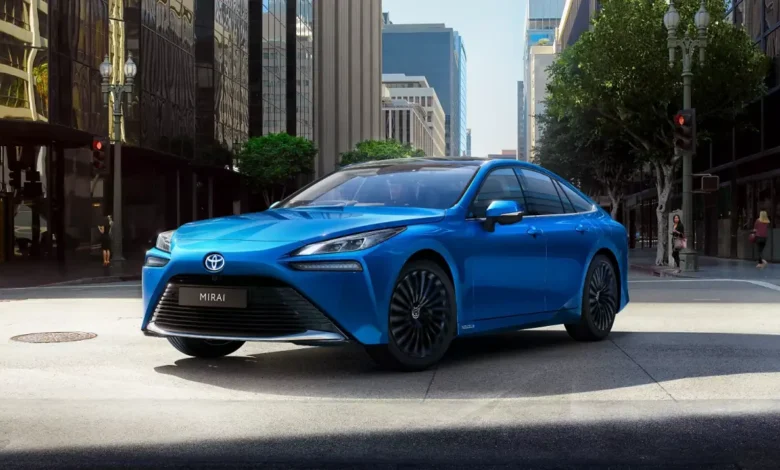Hydrogen Vehicles vs. Electric Vehicles: The Road Ahead for Green Vehicles

In the race towards sustainable transportation, the automotive industry is at a crossroads, with Europe championing electric cars while Asia places a significant bet on hydrogen vehicles. The question looms: which path promises a greener and more efficient future for our roads?
Electrifying Momentum in Europe:
Battery electric cars (BEVs) have witnessed a surge in popularity across Europe, with the Global Electric Vehicle Outlook reporting weekly sales surpassing the entire annual sales of 2012. However, a cloud of uncertainty hangs over this momentum as shortages of crucial battery components, such as lithium, nickel, and cobalt, threaten the supply chain.
Asia’s Hydrogen Bet:
In stark contrast, Asia, particularly Japan and China, is placing its bets on hydrogen. The Japanese government envisions 800,000 hydrogen vehicles on its roads by 2030, while China aims for a staggering 1 million by 2035. These ambitious targets signal a departure from Europe’s electric-centric approach and could pave the way for hydrogen to become a major player in the automotive landscape.
Automaker Divergence:
The automotive industry remains divided on the hydrogen-electric debate. Apart from stalwarts Toyota and Hyundai, few manufacturers are heavily investing in hydrogen technology. BMW, however, is renewing its interest by planning to launch a limited number of BMW iX5 Hydrogen vehicles globally by the end of the year.
“As a versatile energy source, hydrogen has a key role to play on the road to climate neutrality,” emphasizes Oliver Zipse, Chairman of the Board of Management of BMW AG. Stellantis has also ventured into the arena with limited production of commercial hydrogen vans, but not everyone is on board—Mercedes and Audi have shelved plans for hydrogen fuel cell cars.
Hydrogen Vehicles vs. Electric Vehicles: A Technical Faceoff:
Understanding the difference between electric and hydrogen vehicles is crucial. While battery-electric vehicles rely on stored electricity that is recharged via the grid, hydrogen fuel cell electric vehicles generate their own electricity through a chemical reaction in the fuel cell stack. The result: only water vapor emissions and a refueling time comparable to traditional petrol or diesel vehicles.
Challenges Hindering Hydrogen Adoption:
Despite its promise, hydrogen faces significant challenges. The process of electrolysis, the cleanest way to produce hydrogen, suffers from low efficiency and high energy losses. Transportation and storage costs further diminish its appeal, with only about 38% of the original electricity utilized by the time hydrogen is converted into electricity in the car.
Moreover, the scarcity of refueling infrastructure poses a significant hurdle, creating a chicken-and-egg scenario—consumers won’t buy hydrogen cars without refueling stations, and investors won’t build stations without demand.
Safety Concerns and Limited Options:
Hydrogen’s highly flammable nature and associated safety risks pose additional challenges. However, proponents like Toyota argue that fuel-cell electric cars undergo rigorous testing, ensuring safety under extreme conditions.
Currently, there are only two hydrogen cars available in Europe—the Hyundai Nexo SUV and the Toyota Mirai. However, they come with a hefty price tag and refueling costs that vary significantly between countries.
The Future Landscape: Electric or Hydrogen Vehicles?
The jury is still out on whether hydrogen or electric vehicles will dominate the future green automotive landscape. Electric cars face challenges like high purchase costs and extended recharging times, while concerns about the environmental impact of battery manufacturing and mining of raw materials persist.
For now, the momentum seems to favor battery electric vehicles due to the challenges surrounding hydrogen’s production efficiency, infrastructure, and safety concerns. The road to a greener future is paved with uncertainties, and only time will reveal the winner in the ongoing battle between hydrogen and electric vehicles.




